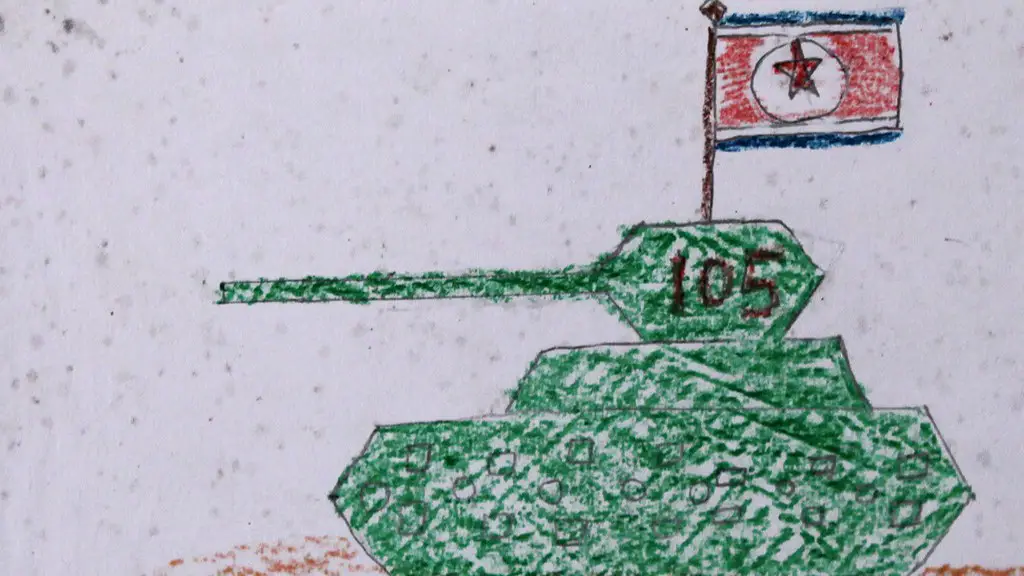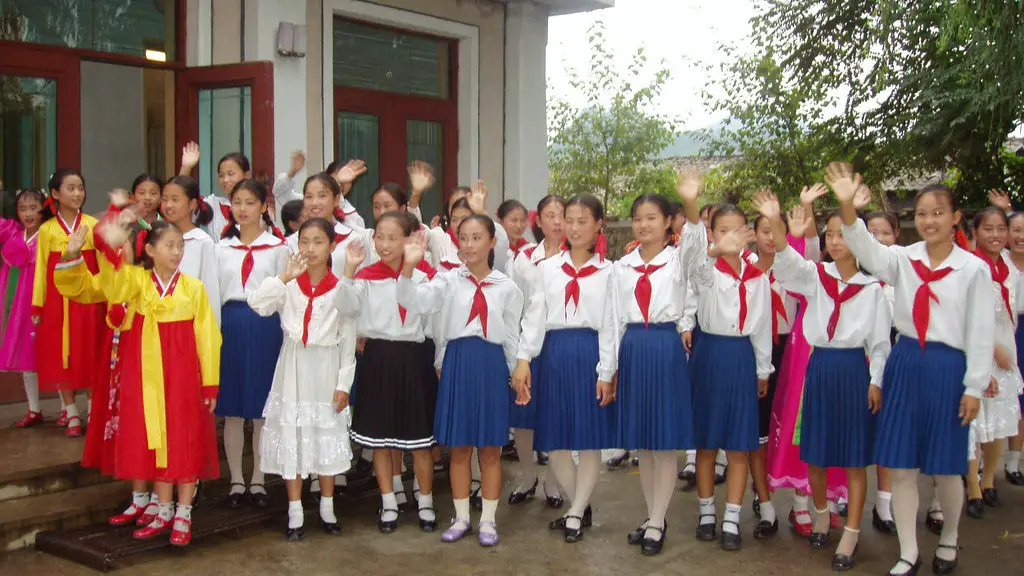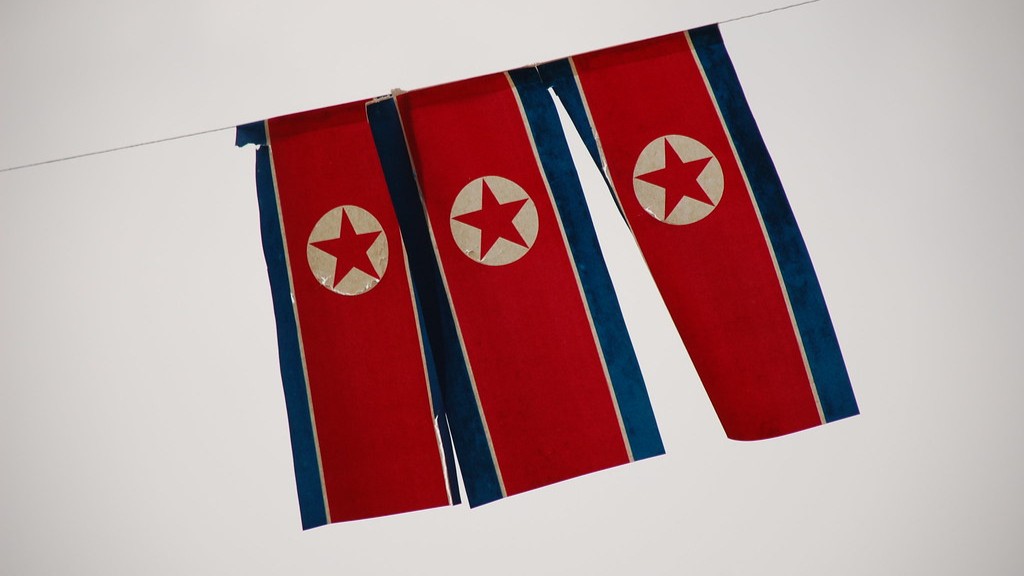In North Korea, the government assigns most jobs, with little input from the workers themselves. The government seeks to match each worker with a job that suits their skills and background. In some cases, nepotism and corruption play a role in job assignment. The government also requires that workers put in long hours, often at the expense of their own health.
The government of North Korea strictly controls and regulates all aspects of citizens’ lives, including their occupation. The government decides what career or job each citizen will have based on a number of factors, such as the citizen’s abilities, skills, and interests. The government also takes into account the needs of the country and the availability of job openings when making these decisions.
Are jobs assigned in North Korea?
Most North Koreans don’t have a say in their professions and are assigned a job. This is because the government controls most aspects of life in North Korea. Jobs are typically assigned based on factors such as family background and loyalty to the government. This system often results in North Koreans being overqualified or underqualified for their jobs.
Songbun is a system of social stratification in North Korea that was first established in the 1950s. The system is based on the political, social, and economic background of one’s direct ancestors as well as the behavior of their relatives. Songbun is used to classify North Korean citizens into three primary castes, core, wavering and hostile, in addition to approximately fifty sub-classifications. These classifications determine whether an individual is considered loyal to the North Korean government and eligible for certain privileges, or whether they are considered a threat to the state and subject to discrimination and restrictions.
What is the main occupation in North Korea
The economy of North Korea is a centrally planned system, where the role of market allocation schemes is limited. Despite the economic challenges it faces, North Korea continues to maintain a rigid command economy, relying heavily on state-owned enterprises to drive industrial production. The country’s primary exports are minerals, metallurgical products, and manufactured goods. The economy is highly dependent on foreign trade, with China being its largest trading partner.
North Korea’s Labor Law stipulates that workers shall maintain a routine of eight hours of work, eight hours of study and eight hours of rest. Article 22 of the KIC Labor Law stipulates that employers shall guarantee workers North Korea’s national holidays, off days and rest time.
Can you be unemployed in North Korea?
Unemployment in North Korea is a serious problem. The unemployment rate for 2021 was 259%, a 033% decline from 2020. However, this is still a high rate, and it is a problem that needs to be addressed. The unemployment rate for 2020 was 292%, a 033% increase from 2019. This is a serious problem that needs to be addressed.
In North Korea, the legal age for employment is 16, but there is no explicit ban on dangerous or hazardous work for those under 18. This means that children as young as 16 could be employed in hazardous industries such as mining, manufacturing, or construction. This is a cause for concern, as these industries can be very dangerous and put workers at risk of serious injury or even death.
The reputational method is based on the perception of what groups a person belonged to. The subjective method is based on self-identification. The objective method is based on socio-economic indicators such as income, education, and occupation.
Most sociologists would agree that social class is a way of grouping people based on shared social factors like wealth, income, education and occupation. These factors influence the amount of power and prestige a person has in society. Social stratification is a direct reflection of the unequal distribution of resources in a given society.
The objective social class is determined by socioeconomic variables such as income, wealth, education and occupation. The focus on objective social class allows for a direct determination of a person’s social class, without the need for self-reported data. This is beneficial as it avoids potential biases that may come from self-reported information. Additionally, it provides a more accurate picture of a person’s social class.
When travelling to North Korea, it is important to be aware of the strict laws in place regarding what you can bring into the country. Religious, pornographic or political items are all illegal, and all published material and electronic devices must be declared upon arrival. It is also illegal to knowingly or unknowingly possess items that breach North Korean law. Be sure to familiarise yourself with the rules and regulations before travelling to avoid any potential problems.
Can North Koreans leave legally?
North Korea is a country that does not allow its citizens much freedom of movement. North Koreans are not allowed to freely travel around the country or travel abroad. Emigration and immigration are strictly controlled. This makes it very difficult for North Koreans to leave the country or to travel to other countries.
The average income per person in North Korea fell from around 143 million South Korean won in 2018 to 141 million won in 2019. This is a significant decrease and highlights the economic challenges that the country faces. North Korea’s economy is highly dependent on international trade and assistance, and this decrease in GNI per capita underscores the need for continued support from the international community.
Does North Korea use child labor
The conditions that the children in North Korea have to suffer through are absolutely inhumane. They are forced to do back-breaking labor for long hours, often in hazardous conditions, and are barely given any food to sustain themselves. As a result, many children suffer from malnutrition andritis, and other health problems. In addition, they are also subjected to physical and emotional abuse by the guards at the camps. All of this takes a huge toll on the children, both physically and mentally.
There is no minimum wage in North Korea, meaning that workers are not guaranteed a minimum rate of pay. This lack of a minimum wage creates an environment in which working conditions and pay can be very poor. North Korea is a highly centrally controlled country, and the lack of a minimum wage is one way that the government keeps control over its citizens.
Is there forced Labour in North Korea?
Forced labor is a major problem in the Democratic People’s Republic of Korea (DPRK), and is used as a tool of political repression and a pillar of the economic system. The government subjects its nationals to forced labor in DPRK prison and labor camps, through mass mobilizations, and in overseas work. This results in widespread human rights abuses, including forced labor, torture, and other inhumane treatment.
Poverty in North Korea has been partially attributed to the poor governance by the totalitarian regime. It is estimated that in 2020, 60% of the North Korean population lives below the poverty line. While poverty is certainly a contributing factor to theparental lack of resources, it is not the sole cause of the high rates of North Korean child abandonment. Other reasons for why North Korean parents might abandon their children include: lack of food, wanting their children to have a better life, wanting to breakup a family that is struggling, or being forced to abandon their children by the government.
Conclusion
In North Korea, the government assigns jobs to people based on their education and qualifications. The government also takes into account a person’s family background and loyalty to the state when making job assignments.
The determination of occupations in North Korea is a process that is overseen by the government. There are a few main factors that are considered when determining someone’s occupation. The first is education level. The second factor is family background. The third factor is political loyalty.





